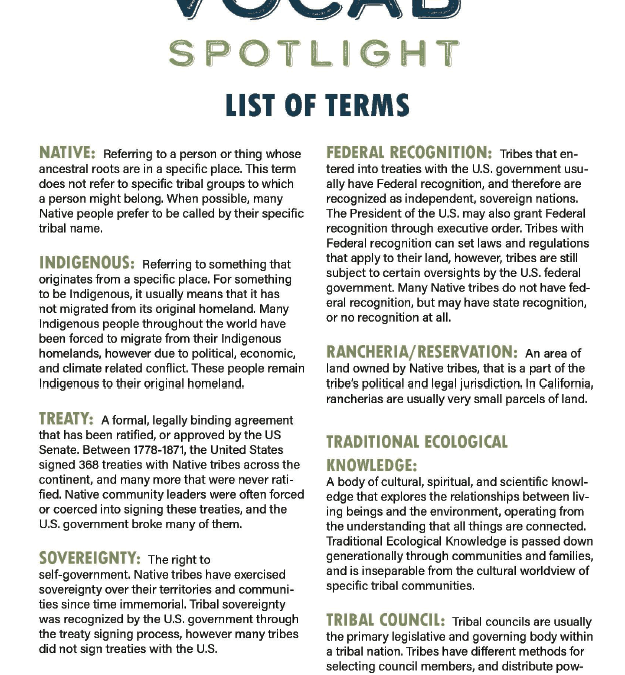
Vocab Spotlight: List of Tribal Terms
This list of terms contains basic key vocabulary related to Tribes and Tribal issues.

This list of terms contains basic key vocabulary related to Tribes and Tribal issues.
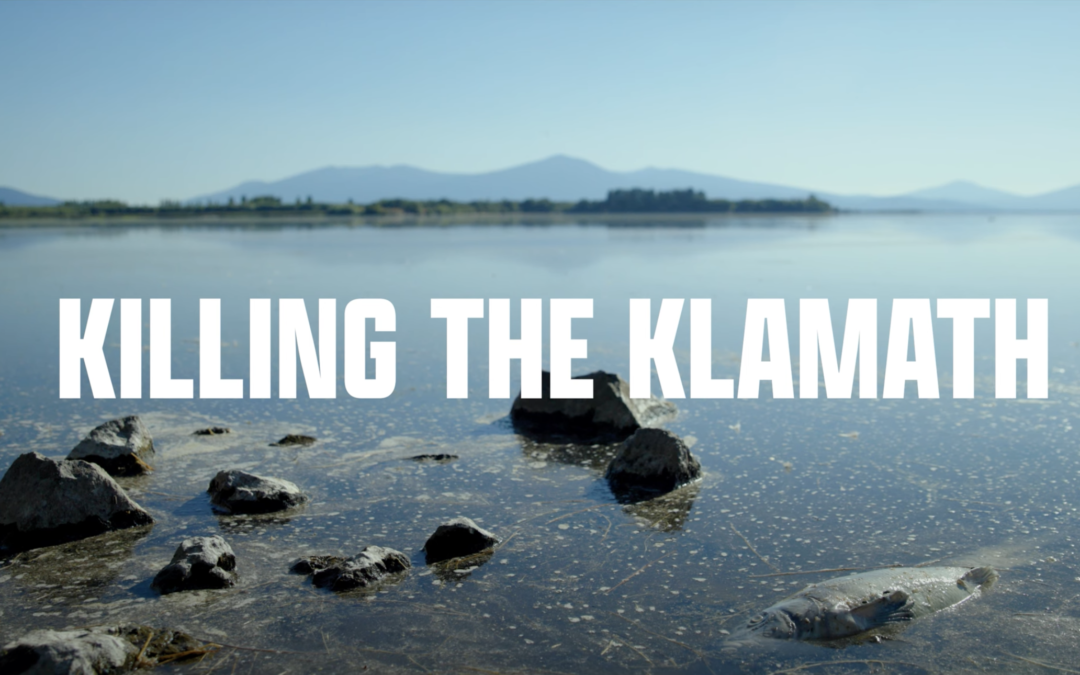
Known for its scenic beauty and spectacular wildlife, the Klamath Basin also sees its share of controversy as communities grapple with how to meet the water needs of people, farms, and fish. This film explores the story of the Klamath Tribes’ fight to save the sacred C’waam and Koptu fish and a dying lake.
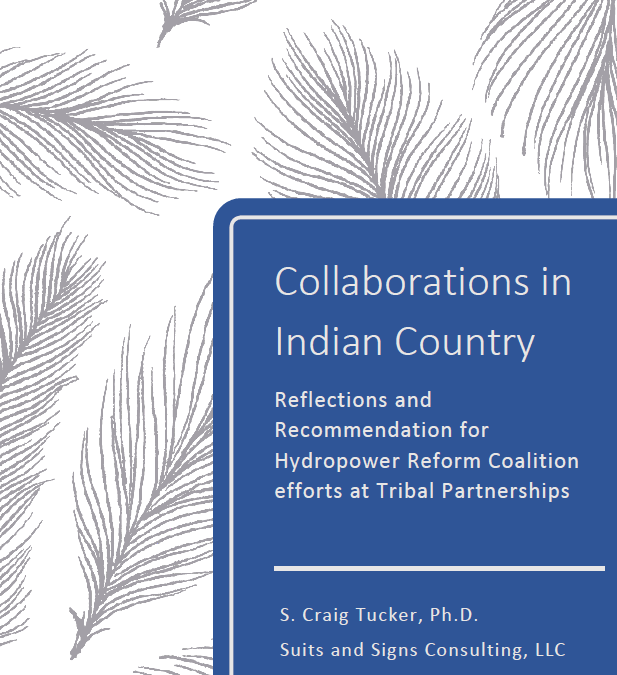
Collaborations in Indian Country is a primer on the importance of social justice work and a collection of interviews with members of tribal nations that have worked closely with HRC and its members.
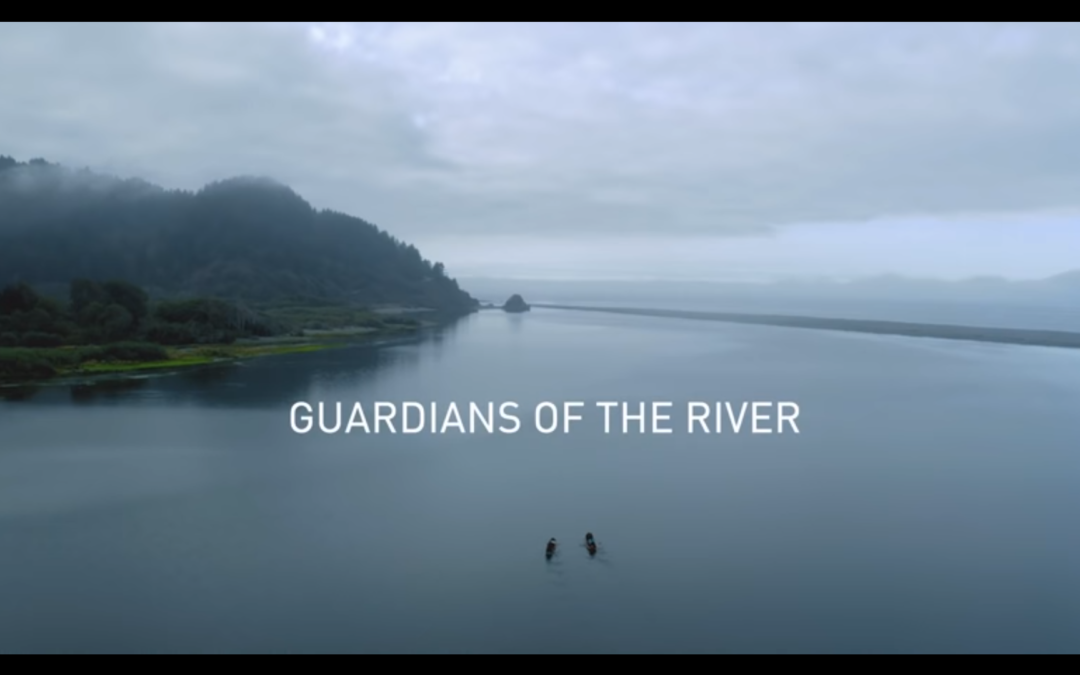
In this film by American Rivers and Swiftwater Films, Indigenous leaders share why removing four dams to restore a healthy Klamath River is critical for clean water, food sovereignty and justice.
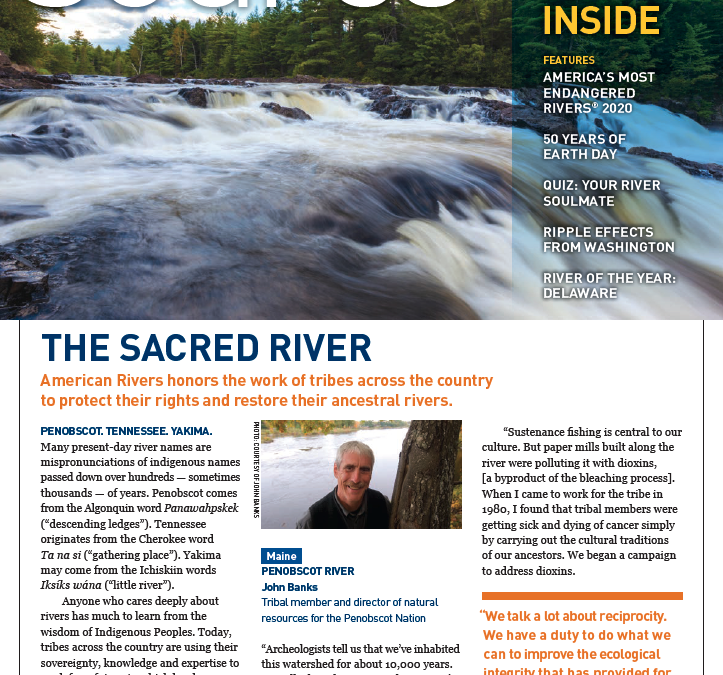
Many present-day river names are mispronunciations of indigenous names passed down over hundreds — sometimes thousands — of years. Penobscot comes from the Algonquin word Panawahpskek (“descending ledges”). Tennessee originates from the Cherokee word Ta na si (“gathering place”). Yakima may come from the Ichiskiin words Iksíks wána (“little river”). Anyone who cares deeply about rivers has much to learn from the wisdom of Indigenous Peoples. Today, tribes across the country are using their sovereignty, knowledge and expertise to work for a future in which local communities and sacred river ecosystems can thrive. The rest of us should listen closely.